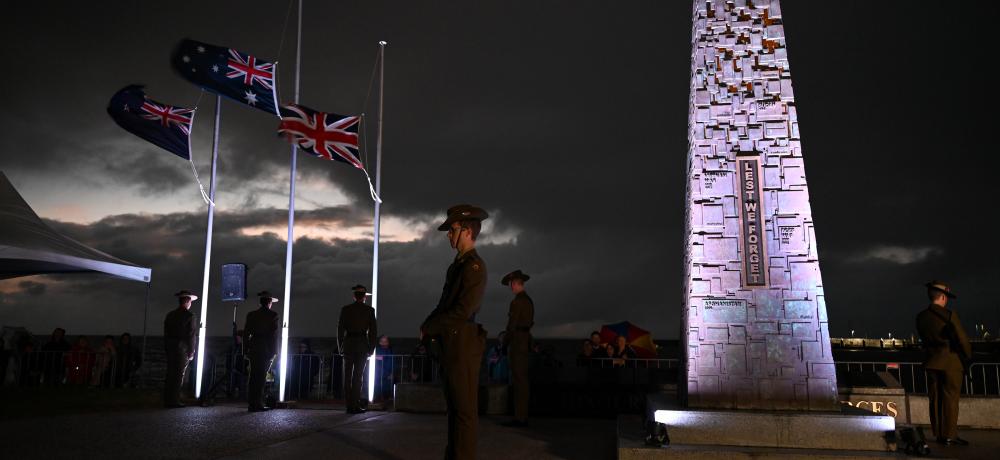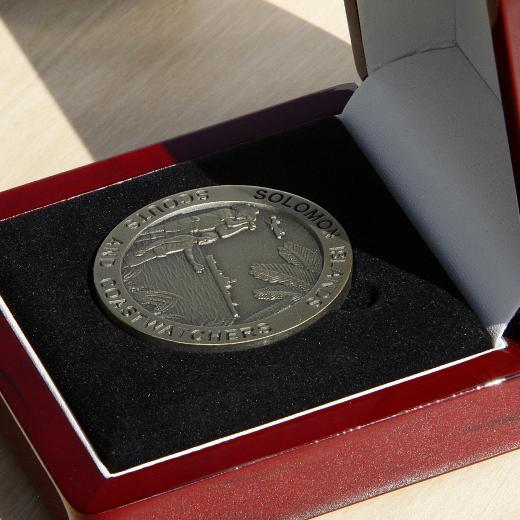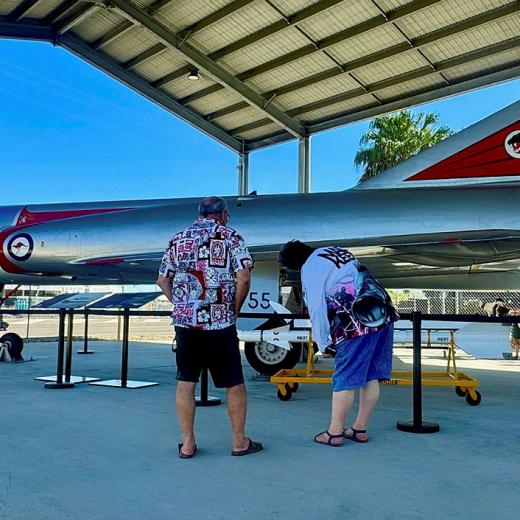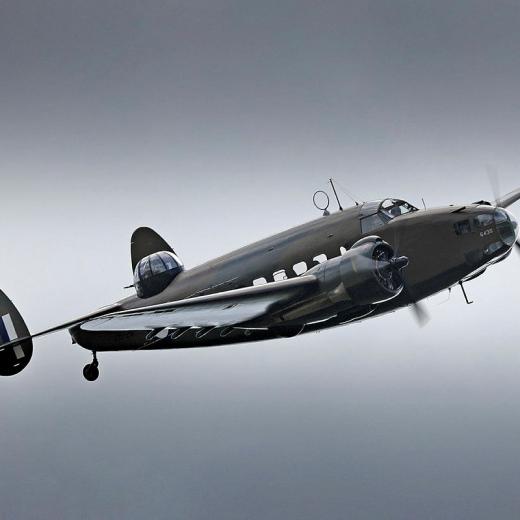BLUF
Germany did not have the economic resources to put forces into battle that could defeat the allies.Summary
This article makes the following points:
- Never underestimate the enemy.
- By December 1944, Hitler's days seemed numbered, yet he mounted a counter-attack.
- There is a fine line between confidence and overconfidence, as shown in Korea, Vietnam (Tet Offensive) and "Mission Accomplished" Iraq.
- The allies learned that because they thought an attack by Germany was crazy, the Germans would feel the same way and not attack.
- Hitler overruled his generals in attacking through the Ardennes Forest.
- Don't ignore intelligence. Eisenhower's intelligence officer warned of a potential German attack.
- Technical intelligence (ULTRA meant German radio messages were being read).
- Flexibility is important.
- Units were moved quickly to stop, then push back the Germans.
- British and American forces were supported by effective and efficient economies.
- Don't underestimate the bravery of your enemy.
- Hitler believed American soldiers relied on equipment and didn't have enough guts.
- Brave soldiers can make up for failed strategy or overcome a lack of logistics.
- Hitler put too much faith in willpower and did not focus enough on logistics.
See the following Runway Posts on the Battle of the Bulge:
- Battle of the Bulge: Hitler Sets One Last Trap --- Part One | The Runway (airforce.gov.au)
- The Battle of the Bulge: Hitler's Desperate Gambit Crushed by American Grit | The Runway (airforce.gov.au)
- The Army Air Corps at the Battle of the Bulge | The Runway (airforce.gov.au)
References
-
Dec 2016 IndustryWeek 5 Business Lessons from The Battle of The Bulge.
-
Apr 99 Air University THE ROLE OF AIR POWER IN THE BATTLE OF THE BULGE
-
Dec 2009 Royal Air Force Mildenhall A look at air power in the Battle of the Bulge
-
2011 JMSS Airpower in the Battle of the Bulge: A Case for Effects-Based Operations?
-
American Airpower: Battle of the Bulge, (1944-1945) | Weapons and Warfare





